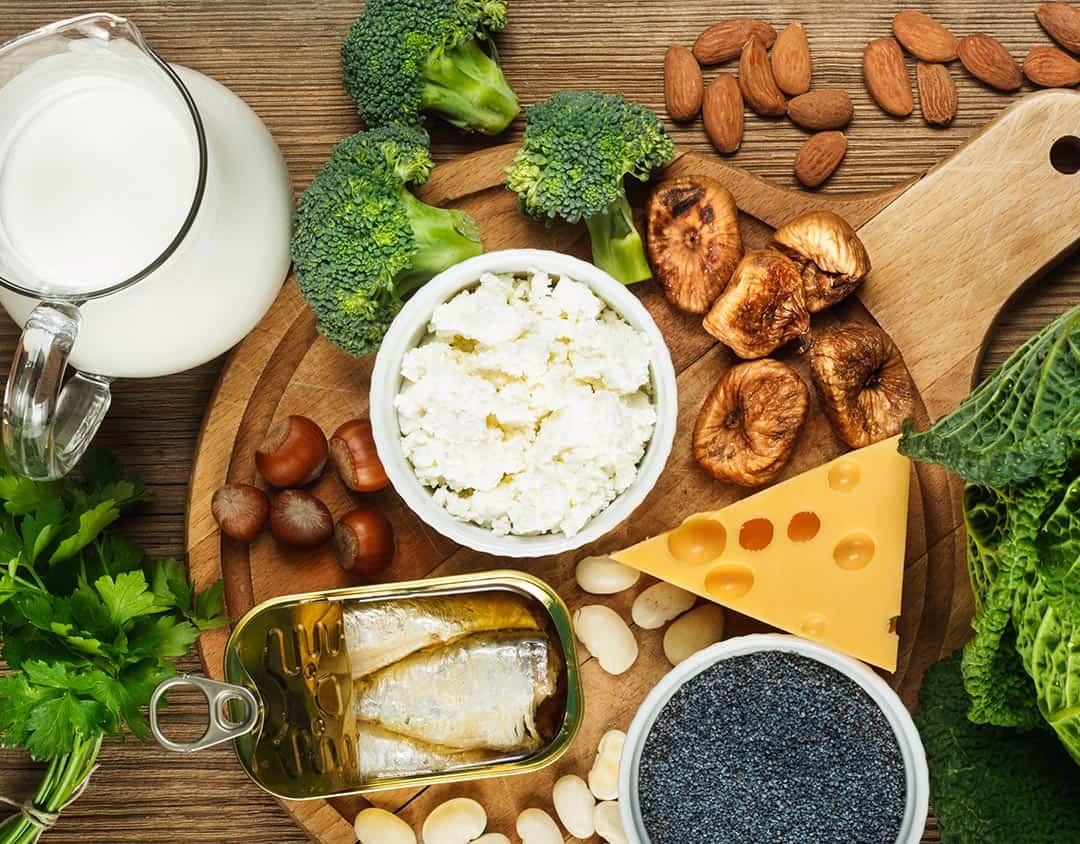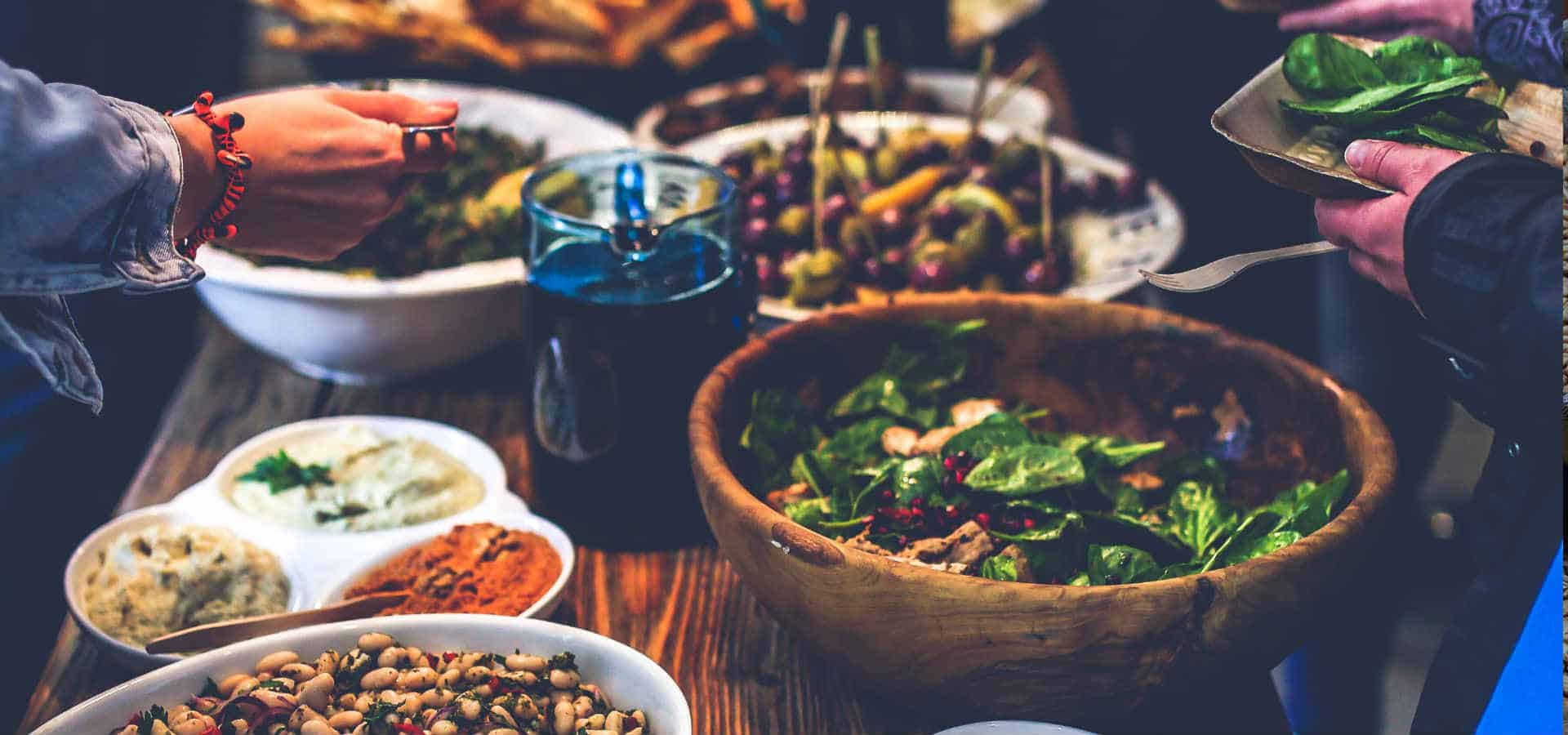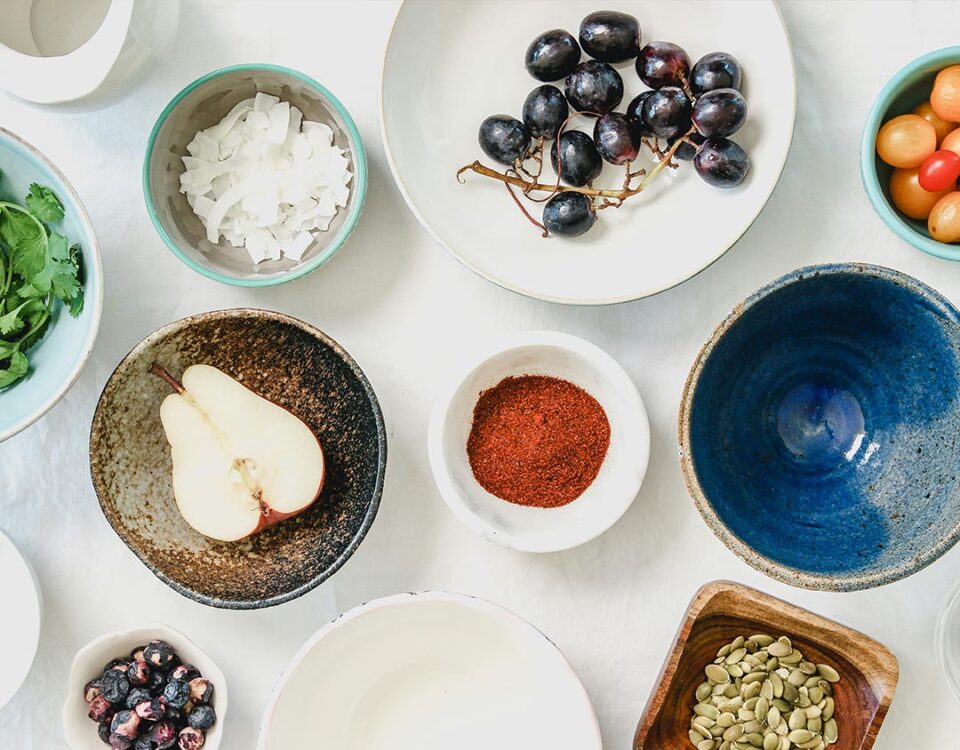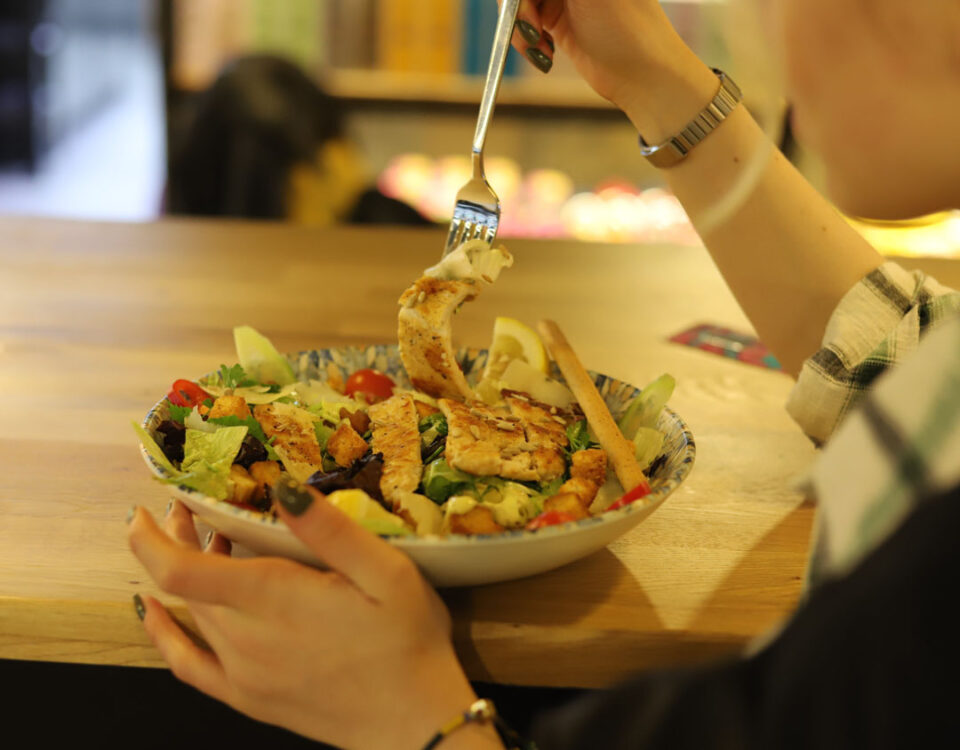
Sports Drinks: Do You or Your Kids Need Them?
December 8, 2016
Are you getting enough Calcium and Vitamin D?
February 21, 2019Originally written for Daily Hive Vancouver.
It’s that time of year again, delicious chocolates and homemade cookies start appearing around the office, holiday parties begin to fill our calendars, and family holiday traditions begin to reappear.
T his is a wonderful time of year where we get to celebrate family, friends, culture, and of course, food! We all have different relationships and histories with food and unfortunately for some, this time of year can trigger feelings of stress and anxiety around food.
It’s important to remember that we eat food not only for the energy and nutrients it provides, but also for the happiness and satisfaction it brings and the memories it creates. With the right tools, we can enjoy this time of year and all the delicious traditions, while continuing to eat well to nourish our bodies and our minds.

It’s important to remember that we eat food not only for the energy and nutrients it provides, but also for the happiness and satisfaction it brings and the memories it creates.
1. Adjust your mindset
Unfortunately, we are immersed in diet culture from such a young age, where foods are often labelled as bad or good, and "healthy" eating is guided by a strict set of rules. Rather than feeling like this time of year needs to be all or nothing when it comes to our diet, let's shift our mindset away from weight and onto health. Consider how each eating experience contributes to various aspects of your health and wellbeing. For example, enjoying your grandmother's apple pie as a family promotes your emotional, mental, and social wellbeing, in addition to giving your body energy. By letting go the idea of "good" and "bad" foods, we can start to recognize the positive experiences of all foods and embrace the fact that all foods fit in a healthy eating pattern. Giving yourself full permission to enjoy all food promotes a positive relationship with food.
2. Be prepared
The holidays are a very busy time: work deadlines, finding your loved ones that perfect gift, and balancing social events. This can lead to skipping meals and relying on fast food because there just isn’t enough time in the day. Planning your meals ahead of time can help to reduce stress and provide you and your family with reliable meal options during the week. Even if it is as simple as picking 2-3 dinner meals to make that week, this can fill in the gaps between social events and provide leftovers for lunch the following day. Secondly, keep snacks on hand to ensure you’re not letting yourself get too hungry, which can lead to fatigue, cravings, lack of concentration, and more. To feel more satisfied, try to include a protein in these snacks, such as nuts, cheese, roasted chickpeas, or Greek yogurt.
3. Balance your meals
The Healthy Plate Guide encourages us to fill half of our plate with vegetables, a quarter of our plate with a protein, and a quarter with whole grains or starchy vegetables. While this can be done during the holidays, it doesn't have to be. I encourage you to listen to your body and pay attention to how you feel when you incorporate different proportions/foods on the plate. You may notice that some days you feel better with more starches for energy, other days you might feel less bloated when you fill the plate with more vegetables. See what works for you. If you find that you've been missing vegetables lately, you can use potlucks as an opportunity to bring your favourite dish that makes you feel well, such as a seasonal vegetable dish or your favourite salad. Some common holiday proteins that help to keep you feeling full for longer after a meal include turkey, shrimp, roast beef, or lentils.

The Healthy Plate Guide encourages us to fill half of our plate with vegetables, a quarter of our plate with a protein, and a quarter with whole grains or starchy vegetables.
4. Enjoy your traditions and holiday foods
These holiday events are the perfect time to check in with your body and see how you're feeling hunger/fullness wise, consider what foods are truly satisfying to you, and which foods make you feel great. Without any restrictions, this is the perfect time to listen to your body and enjoy your favourite holiday treats.
5. Stay hydrated
The holidays are often a time where the alcoholic beverages are flowing. Regardless of if you drink alcohol or not, staying well hydrated is important all year long. Try having a glass of water between every fun holiday drink, alcoholic or not.
6. Get back to listening to your body
That holiday food coma, we’ve all been there. Just because you may have ignored your fullness cues and perhaps over-indulged at a meal doesn't mean you should feel guilty, it's really only one meal, or one day or one holiday. In the grand scheme of things it's no big deal, and if anything, think of all the positives you gained from that pleasurable, delicious holiday experience. You can get back to feeling your best by practicing mindful eating and choosing foods that energize you and make you feel good!
7. Incorporate enjoyable movement
With everything else going on there doesn’t seem to be much time left for enjoyable movement. Find ways to move your body in a way that is enjoyable to you and makes you feel good, rather than using it as a punishment for what you ate the day before. This can help to reduce stress, improve mental health, and build strength. Try incorporating some enjoyable movement into your holiday fun by going for a walk after dinner as a family, or trying a new seasonal activity like snowshoeing or ice skating.
Remember, just like the rest of the year, it is all about balance, variety, and tuning into the cues and signals your body is sending you. Continue to choose foods that nourish your body, mind and soul because food should be a fun and enjoyable part of our lives! Happy Holidays!






1 Comment
Amazing! This has helped me out so much!